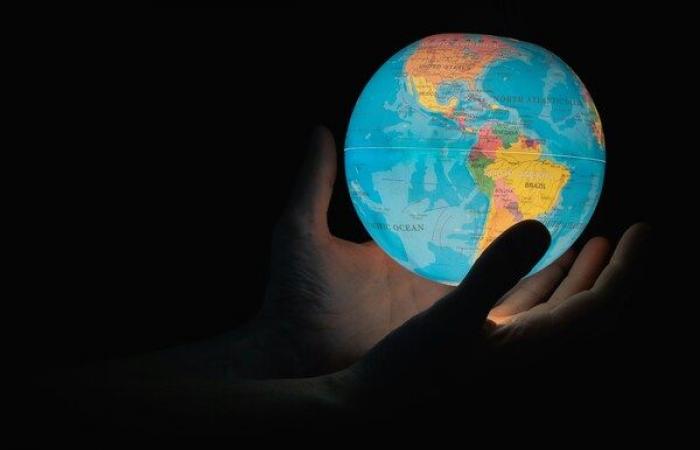Google continues to develop technology to preserve and share the linguistic treasures of Latin America and the world. The company has announced the addition of more than 110 languages to Google Translate, including Latin American dialects and languages such as K’iche’ and Ta Yol Mam (Guatemala and Mexico); Nahuatl, Maya and Zapotec (Mexico); Q’eqchi (Mexico and Belize); and Hunsrik (Brazil). This is the largest launch of the platform to date, as the newly added languages represent more than 614 million speakers combined.
The implementation of these new languages will be done gradually between June 27 and July 7. Users can try these new languages by accessing the Translator site from their computer or the application for Android and iOS.
It is worth mentioning that since 2022, the Translator uses Zero-Shot automatic translation, a machine learning model that allows the platform to learn how to translate into a language without ever having seen an example before. This technology facilitates and speeds up the process of incorporating new languages, allowing us to reach more and more communities.
Adding new languages to Translate involves considering many variables, from which varieties to offer to which specific spellings to use. Many languages don’t have a single standard, so it’s impossible to pick one “correct” variety. Google’s approach prioritizes the most widely used varieties of each language. Through their partnerships with expert linguists and native speakers, they continue to make great progress in this field. As technology advances, they will continue to support more grammatical varieties and spelling rules.
This integration represents a major step toward linguistic diversity and preservation, demonstrating Google’s commitment to inclusion and global accessibility.






